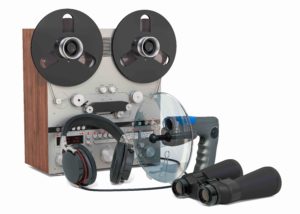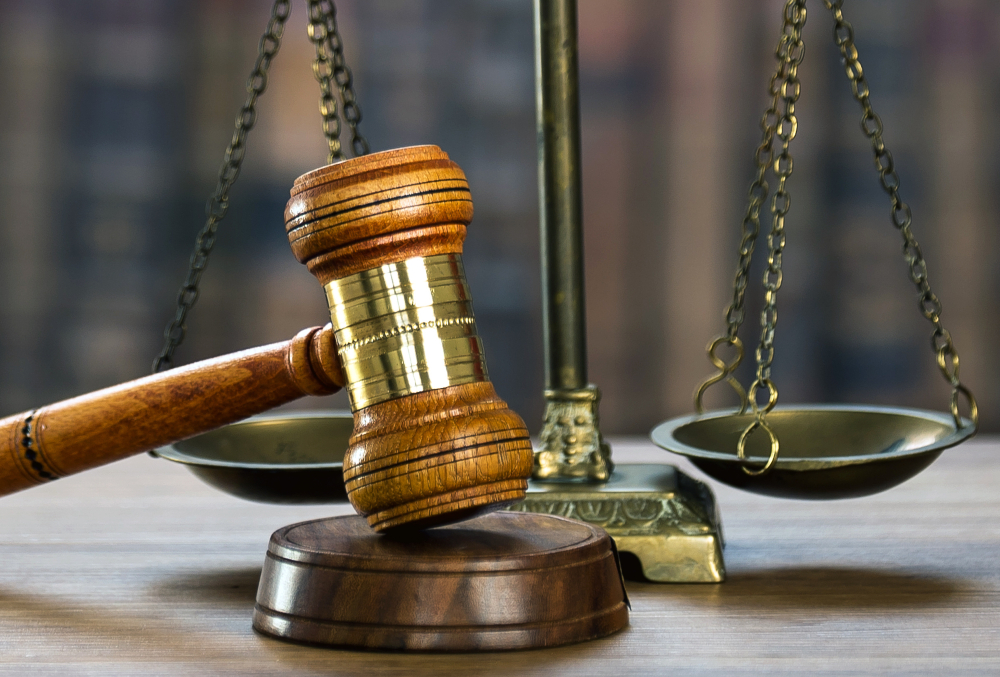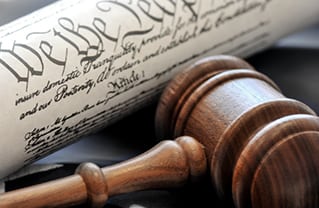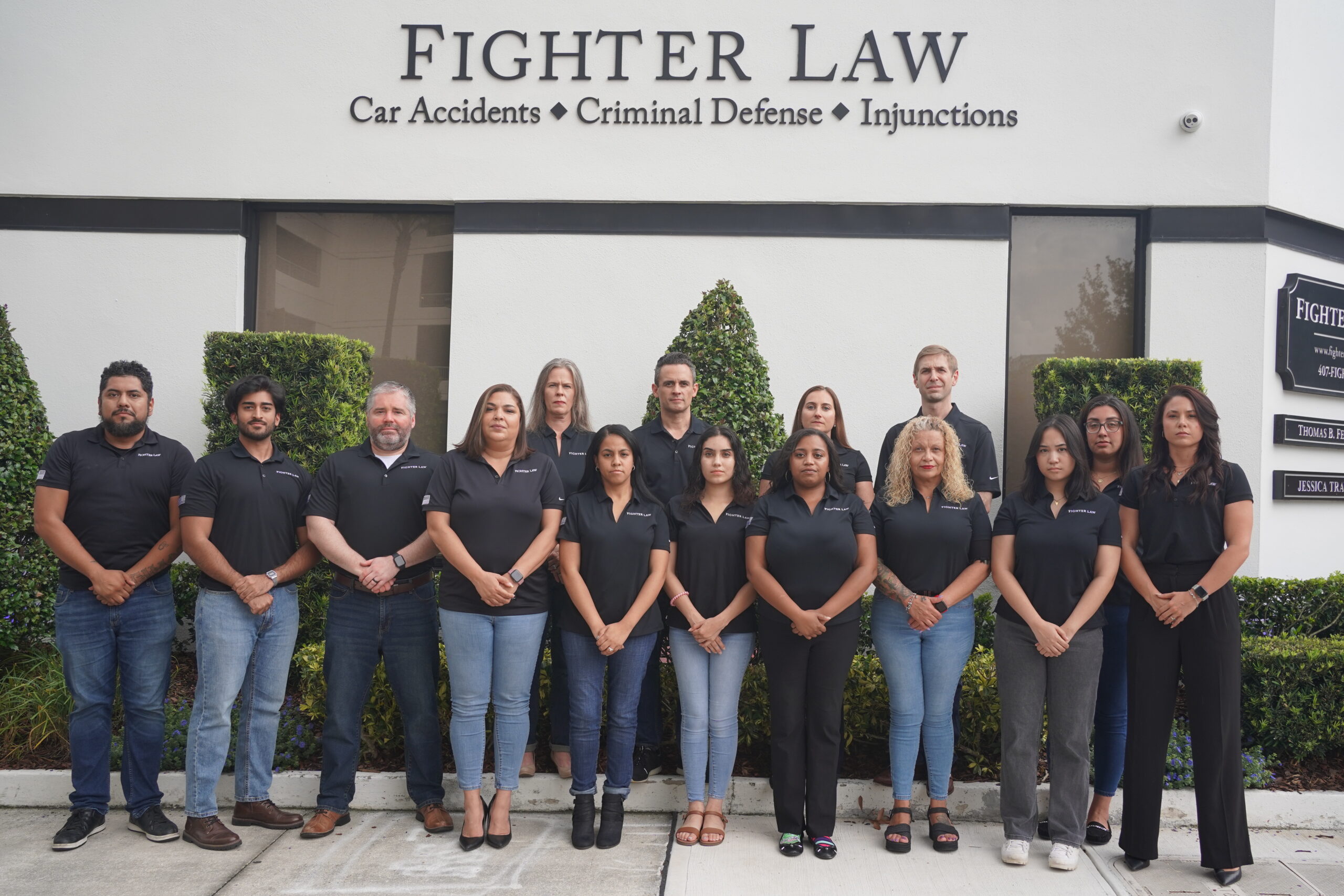Secretly Recording Other People in Florida
Have you ever wondered when it is ok and not ok to record someone on video or the phone? Look no further! Here is the law in Florida on those two questions:
When can I video-record someone?
The bottom line answer is that you can record someone when they are in a public place, and there is little to no expectation of privacy. You do not always have to have the person’s consent to record them.
If the person tells you to shut off the camera (and you are in a public place), you have no obligation to turn it off or stop recording them. If that person hits you or touches your phone, they will have just committed a battery upon you (a.k.a., a crime). Even if you are recording them in a private setting, they still cannot touch you. If they do, they run the risk of getting arrested and being charged with a crime.
Most of us have smartphones nowadays with really good video cameras. And when you see something crazy or unique, you might want to record it. Another question is whether you can post that on social media without getting into trouble. The short answer is that you can record other people (even police) when they are in a public place with no expectation of privacy. Note that you do not want to record police when doing so interferes with their official duties. That could not be good for you. So be careful when it comes to recording police. As you can imagine, they generally do not like that!
Here are some examples of when it is ok to video record another person with your phone:
- On a public road;
- On a public sidewalk;
- During public speeches;
- In a private business (so long as it is in a place that is open to the public – like a large lobby or entrance with a lot of available seating)
Here are some examples of when it is NOT ok to video record another person with your phone:
- In someone else’s home;
- In someone else’s private office;
- In any federal building or courthouse;
- In any airport security line;
- In any place where a person might have a legitimate and reasonable expectation of privacy.
Here are some places where you can expect privacy:
- Your home;
- Your private office;
- Any bathroom;
- A hotel room;
- A gym locker room;
- Rooms for nursing mothers.
Here are some places where you should NOT expect privacy:
- The back of a patrol car;
- A courtroom;
- A jail;
- A public sidewalk;
- A store;
- A federal building;
- The airport.
When can I record a phone call?
You cannot secretly record a phone call in Florida. It’s illegal and a felony! See Florida Statute 934.03, also known as the Florida Wiretap Law.
You can only record a phone conversation in Florida when both parties consent. It’s called two-party consent. That’s why you always hear those disclaimers when you call a company: “this call may be recorded for quality assurance or training purposes.” They are covering themselves by disclosing that you are being recorded. They would be subject to criminal and civil liability if they did not do that.
Here are some examples of when it is generally ok to record a phone call:
- When the other person agrees to it;
- When it is disclaimed before the conversation begins;
- When both parties understand that they are both on speakerphone and anyone else can hear the conversation;
- When there is no reasonable expectation of privacy to the conversation – like calling into a live-streaming or live radio or television show.
A lot of people think that it is ok to record phone calls and phone conversations. It is not ok or legal to do that! So please don’t do it.
Can I record a conversation to show to the judge in court?
No, you cannot record a call to be admitted in court! Even if you have someone admitting to a crime to you on the phone, that recording will not be admissible because of the law in Florida. Many people try to get their partners, spouses, or girlfriends/boyfriends to say something on the phone that they record thinking they can use it in court against the other person, but they cannot!
Are voicemails and text messages admissible in court?
Yes! Voicemail and text messages are not subject to the same rules as phone conversations. They are admissible in court in almost any case, especially family law cases like injunctions.
Can police record me without my consent?
Yes. There is an exception to these rules when law enforcement obtains a warrant pursuant to a criminal investigation. Police usually do this in rape or molestation cases, where they try to get the suspect to admit to the victim that they committed the rape or molestation. This is a very effective technique to get an admission from someone where the evidence is (up until that point), usually only the victim’s allegation. See Florida Statute 934.09.
What can happen to me if I secretly record someone?
You can be charged with a 3rd-degree felony in Florida for recording someone without their permission. This is rarely prosecuted, however, it can happen. So better to be sure to record ONLY when you know there is no expectation of privacy.










